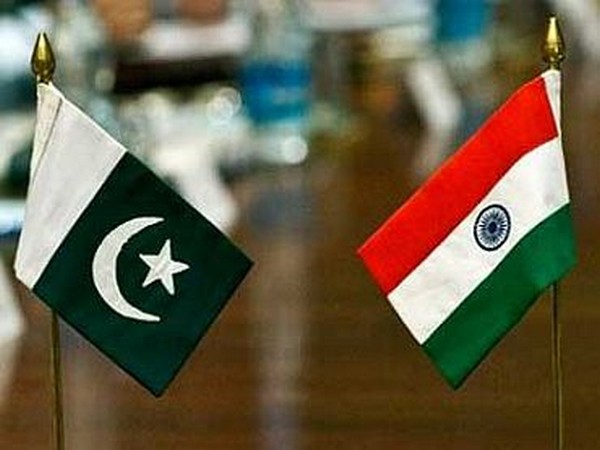Indus Water Treaty: Pakistan objects over construction of Kishenganga, Ratle dams by India
Notwithstanding, the Indus Water Treaty's (IWT) most generous and unequal sharing of waters favouring Pakistan vis-a-vis India, Islamabad objected to the construction of Kishenganga and Ratle dams by New Delhi.

- Country:
- Pakistan
Notwithstanding, the Indus Water Treaty's (IWT) most generous and unequal sharing of waters favouring Pakistan vis-a-vis India, Islamabad objected to the construction of Kishenganga and Ratle dams by New Delhi. Federico Giuliani, writing in Insideover said that Islamabad in its typical style had taken up misconceived complaints on the basis of breach of design specifications delineated under IWT to the World Bank's Court of Arbitration (CoA).
This is despite the fact that it is the only water-sharing pact in the world that compels the upper riparian state, i.e. India to defer its rights and interests to the downstream country, i.e. Pakistan. The World Bank in response recently appointed Prof Sean Murphy as Chairman of the CoA and Michel Lino as the Neutral Expert (NE) in line with its responsibilities under the IWT.
Ironically, the Pak objections to India's Kishenganga (330 MW) and Ratle (850 MW) hydroelectric power plants on the tributaries of the Jhelum and Chenab Rivers are on technical grounds rather than the construction of the dam in principle, despite India's full compliance to the technicalities stipulated under the IWT, said Giuliani. Notably, Islamabad sought World Bank intervention seeking specifically appointment of CoA. It is driven by the intent to disrupt the development of water resources on the Indian side rather than any genuine apprehension.
As per the treaty, India is permitted to construct hydroelectric power facilities on the tributaries of the Jhelum and Chenab Rivers. India as per IWT can create water capacity storage up to 3.6 MAF on Western rivers but no storage capacity has been created so far which largely flows into Pakistan, reported Insideover. India has also been given the right to generate hydroelectricity through run-of-the-river (RoR) projects on the Western Rivers in IWT, like freeboard, intake, spillway, bondage and low-level outlet.
Since India has never breached the technical specifications of IWT, the Pak effort to seek World Bank's arbitration is pointless. Islamabad's only intention appears to impede the development of water projects on the Indian side and distort India's image on false pretexts, said Giuliani. Seeking arbitration from the World Bank on water sharing with India is part of Islamabad's blame game. As it has been lax and inefficient in addressing its economic woes and meeting the priorities of development, Islamabad, as part of its strategy to obfuscate, blames India for its own failures.
The fact is that Islamabad's concerns are overlaid by its changing demographics, increased urbanisation and rising demands on the agricultural and industrial sectors while it has failed to develop and manage the water resources available to it. Pakistan is fast emerging as one of the most water-stressed countries in the world due to its failure in capacity building despite IWT guaranteeing it sufficient water, reported Insideover.
IWT is the only international treaty that has survived for more than 6 decades, despite three wars fought by the two neighbouring countries. The treaty remained unaffected and hence is considered one of the most successful water-sharing endeavours in the world. (ANI)
(This story has not been edited by Devdiscourse staff and is auto-generated from a syndicated feed.)
ALSO READ
Bangladesh Eases Visa Rules to Boost Trade with Pakistan
BSF Seizes Drone-Dropped Arms Near Pakistan Border
Stagnation Strangles Pakistan-Occupied Kashmir: Residents Decry Political Paralysis
BSF Nabs Pakistani National at Gujarat Border
Indian Army Chief Labels Pakistan Terrorism Epicenter at Press Conference










